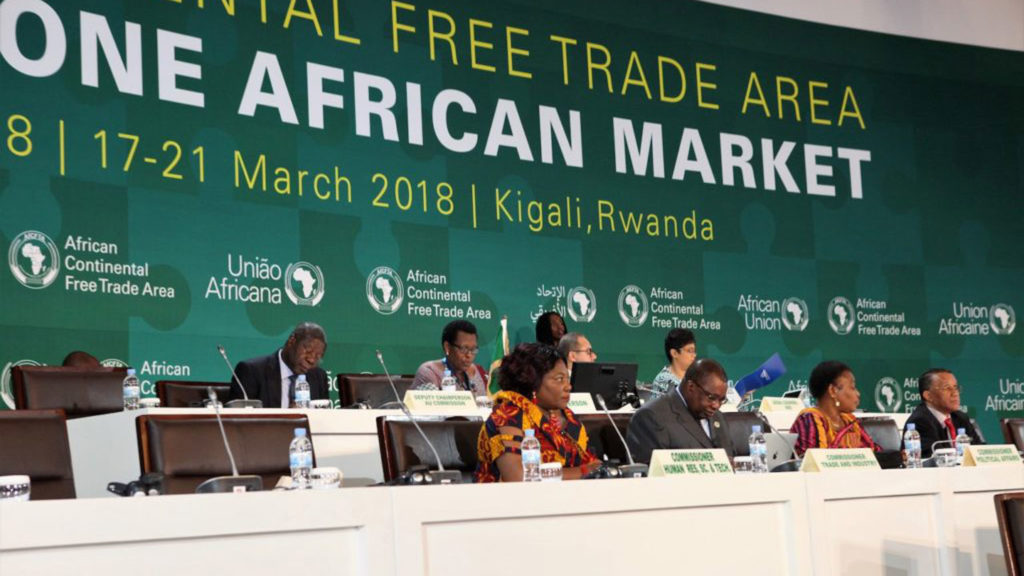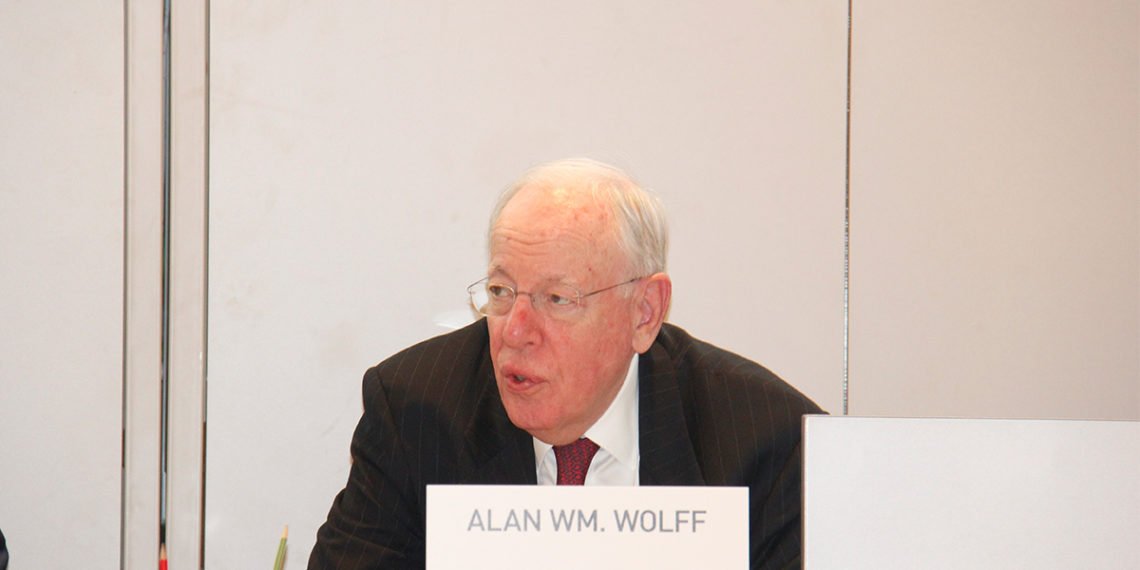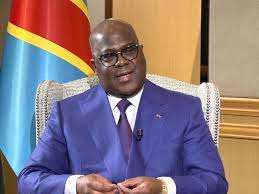Deputy Director-General (DDG) of the World Trade Organization (WTO), Alan Wolff has expressed optimism about the potential of the African Continental Free Trade Area (AfCFTA) to drive growth after the coronavirus pandemic.
According to him, economic growth and sustainable development across the African continent will be greatly assisted through increased intra-African trade as well as trade with the rest of the world.
“Looking to the continent’s [Africa] economic future, I am pleased that trade under the African Continental Free Trade Area (AfCFTA) will enter into force on the 1st of January 2021. This is a great achievement. I believe that the AfCFTA has the potential to play a strong role in driving the post-pandemic economic recovery as well as longer-term growth and addition of value to its trade”.

He made this remarks whilst speaking at a virtual Annual Conference organised by the Trade Law Centre for Southern Africa (TRALAC) dubbed ‘Trade Governance in Africa Amidst a Pandemic and other Global Challenges’ on Monday September 21, 2020. In attendance were Mr. George Lipimile, Chair, TRALAC Board and H.E. Mr. Wamkele Mene, Secretary General, AfCFTA Secretariat.
“With the entry into force of the AfCFTA, the WTO remains fully committed to supporting Africa’s continued economic integration, growth and development, through the participation of African Members in the WTO, supporting accessions of African countries that still remain outside of the WTO, providing training on the WTO’s rules and procedures and facilitating coherence and complementarities between the AfCFTA and the WTO”, DDG Wolff assured.
DDG Wolff cautioned that the full range of challenges the WTO’s membership faces cannot be addressed overnight, and that more proposals are needed from members on how to enhance the WTO’s effectiveness.
According to him, the virus has been spreading more slowly in Africa than was initially expected, but it still has taken a significant toll on human life with 24,000 deaths out of around one million cases.
He stated that the economic cost of the pandemic in Africa just like elsewhere has been immense, and though the precise cost of the shutdowns, the slump in exports, and the fall in remittances is yet to be fully calculated, hunger and poverty rates are rising after years of trending downwards.
“The COVID-19 pandemic crisis should prompt both the desire and need for more multilateralism, not less, including making improvements to the global trading system. Not to be forgotten is the need for WTO reform discussions to plan for the future of the trading system.
“African countries need to deepen their reforms to improve transparency, reduce trade costs, enhance competitiveness and make the continent more attractive to foreign investors, particularly in the non-extractive sectors.

“The African continent is expected to account for a quarter of the world’s population by 2050. With its abundant resources, Africa could become a magnet for foreign direct investment.
“Africa has to continue elevating its profile in the WTO and take a leadership role in the reform of the organization to make it more responsive to changing dynamics of the global economy.
“A vibrant multilateral trading system will provide opportunities for all countries, including African countries. The future of the trading system will need to draw strength from the aspirations, vitality and energy of this growing continent”.




















